What We Learned from the Class of 2019
June 10, 2020

Survey respondents reflect on what is rewarding in their post-high school life.
We worked with Metis Associates to survey almost 500 members of the class of 2019 to learn more about their post-high school decisions, experiences, and advice. The majority of respondents were still living in Oregon, with most enrolled in some form of postsecondary education and/or working or looking for work. 9 out of 10 respondents were satisfied with their life after high school.
What were the important factors in deciding what to do after high school?
- The most important considerations when deciding what to do after high school were having a career or job they love, making money, and expanding their horizons.
- Parents/guardians, teachers, and friends were the three most influential groups of people when deciding what to do after high school.
What are the experiences of graduates who did not enroll in college?

- The most prevalent reasons why they didn't go to college were needing to work, cost considerations, and needing a break from school.
- Yet, the majority indicated they were likely to enroll in college in the future, most likely a community college or trade school.
What are the experiences of graduates who enrolled in college?
- College was singled out as both the most rewarding and most challenging aspect of life after high school.
- Most reported getting good grades (B's and above). Yet, many entered college with a need for remedial coursework in math and writing.
- The most common challenges while in college were keeping up their grades, managing school deadlines and responsibilities, balancing academic and social life, and paying tuition and/or living expenses.
- Most had completed the FAFSA/ORSAA, were recipients of the Oregon Promise grant, and were using multiple sources of income and financial aid to pay for college. Yet, less than half were confident they could continue to afford college.
- When asked about additional supports they needed in order to be successful in college, the most common response was financial supports. Other common requests were more friends, mentoring, advising, and general encouragement, counseling/therapy, and academic supports.
What was helpful about high school?

- Overall, almost 9 out of 10 youth said their high school was helpful in preparing them for life after high school.
- The most important supports they received in high school were information about financial aid and scholarships, mentoring or support from school staff, core academic courses, and work readiness activities.
-
When asked to reflect on additional supports they would have liked in high school to help them prepare for the future:
- Those who were enrolled in college wanted more college readiness activities and assistance with college applications and financial aid, more rigorous and advanced courses, more career exploration and job readiness activities, and more life skills activities or courses.
- Those who were NOT enrolled in college wanted more life skills classes (e.g., budgeting, taxes, apartment search, car loans and payments, home economics), more information about options besides college such as trade programs, and more career and job readiness activities.
What advice would you have given yourself as a 9th grader?
- "Do well because it will help you in the future. Having good grades and being on task will lead you through many doors in the future."
- "Be more involved and don’t be scared to try new things."
- "Ask for help whenever you feel stuck...there are people willing and available to help you."
- "Live in the present, but always keep your future in mind. Remember that in 4 years you will be going to where you allowed yourself to go."
- "Manage your time not because you NEED to, but because it will be the most valuable skill you'll ever get."
